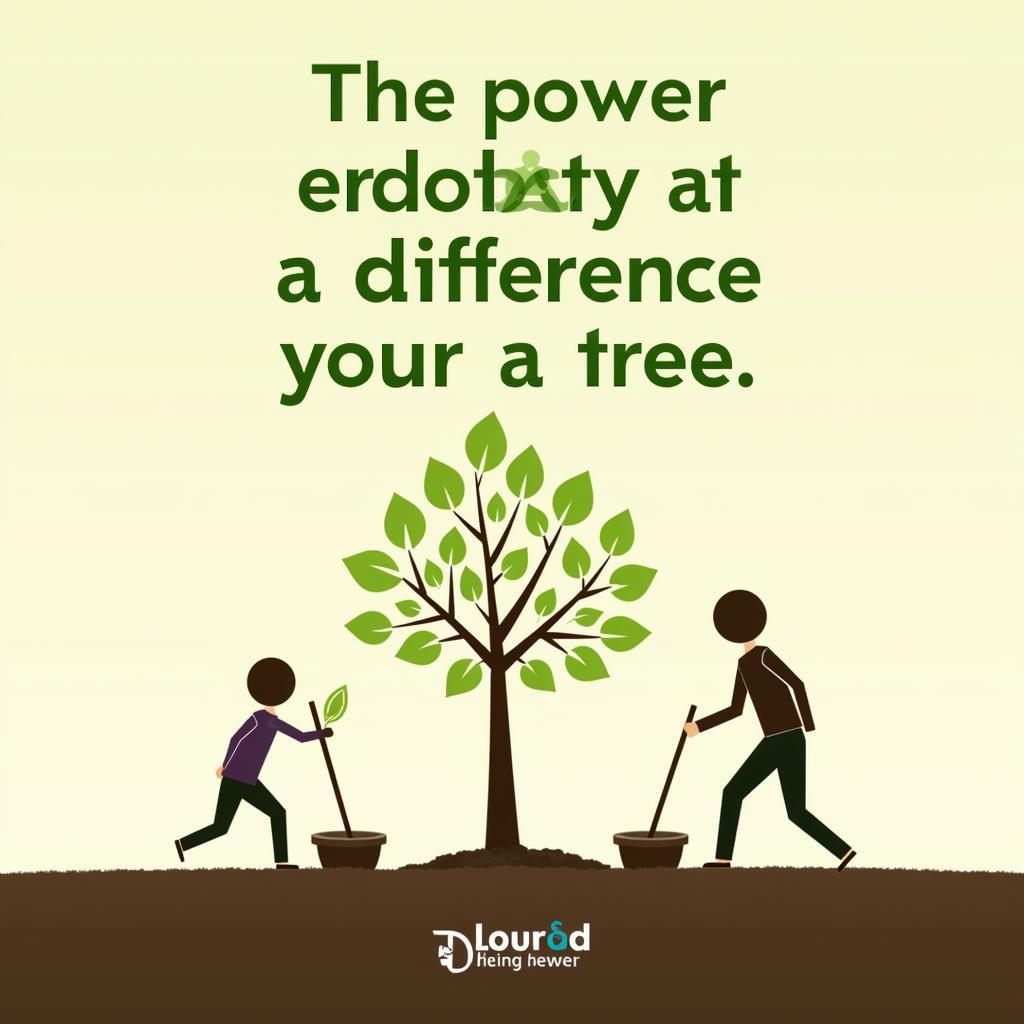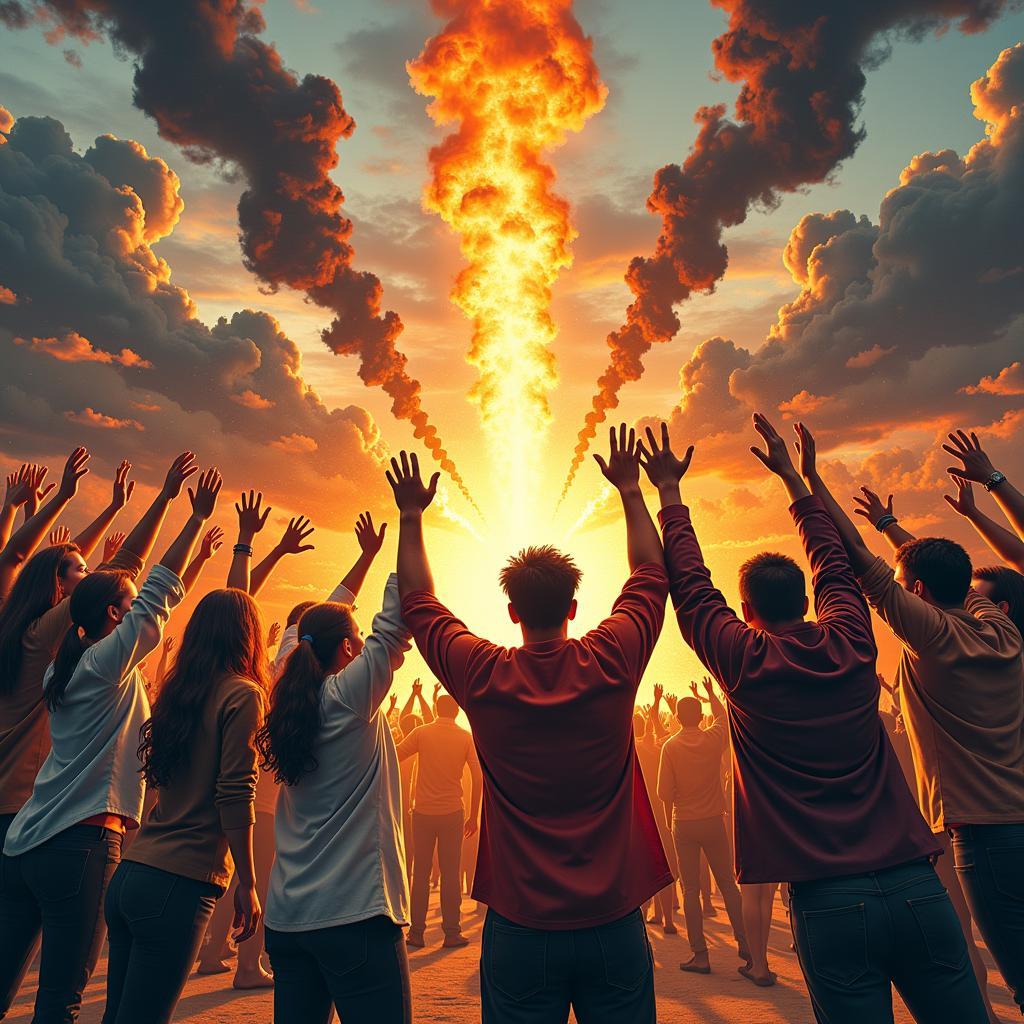For generations, the phrase “Mankind Knew They Could Not Change Society” echoed in hushed tones, a testament to a pervasive feeling of helplessness. The weight of injustice, inequality, and suffering felt insurmountable, leading many to believe that individual action was futile. This sense of apathy, however, was not a reflection of indifference, but rather a symptom of a system that seemed designed to silence dissent and maintain the status quo.
But history tells a different story. Time and again, individuals and communities have risen to challenge the notion that change is impossible. From the dismantling of apartheid in South Africa to the fight for LGBTQ+ rights, history is replete with examples of ordinary people achieving extraordinary things by daring to believe in a better world. The belief that “mankind knew they could not change society” crumbled under the weight of their courage and resilience.
The Illusion of Powerlessness
Why then, do we so often succumb to the illusion of powerlessness? One reason is the sheer scale of global issues. Climate change, poverty, and systemic discrimination can feel so vast and complex that it’s easy to feel overwhelmed and insignificant in the face of them.
 A single hand planting a small tree in barren land
A single hand planting a small tree in barren land
Another factor is the way information is presented. Sensationalized news cycles and a constant barrage of negativity can create a sense of hopelessness, making us feel like the world is spiraling out of control. This constant exposure to suffering can lead to compassion fatigue, where we become desensitized to the plight of others and lose the motivation to act.
Finding Hope in Action
Breaking free from the shackles of apathy starts with a shift in perspective. It’s about recognizing that while we may not be able to single-handedly solve global crises, our individual actions, no matter how small, can contribute to a larger movement for change.
“Every great journey,” as the saying goes, “begins with a single step.” Donating to a cause we believe in, volunteering our time, or simply engaging in respectful dialogue with someone who holds different views can have a ripple effect, inspiring others to do the same.
The Power of Collective Action
It’s crucial to remember that lasting change rarely happens in isolation. When people unite for a common purpose, their collective voice becomes a force to be reckoned with. Throughout history, social movements have demonstrated the power of solidarity in dismantling oppressive systems and creating a more just and equitable world.
 A group of diverse individuals forming a human chain, hands interlocked in unity
A group of diverse individuals forming a human chain, hands interlocked in unity
The Civil Rights Movement, the fight for women’s suffrage, and the global movement for climate justice are all testaments to the transformative power of collective action. These movements were not spearheaded by superhuman individuals, but by ordinary people who recognized their shared humanity and decided to stand together against injustice.
Cultivating a Mindset of Hope
Building a more peaceful and just world requires more than just outward actions; it demands an inner transformation as well. Cultivating a mindset of hope, empathy, and compassion is essential for sustaining our efforts in the face of adversity.
It means choosing to focus on stories of resilience and triumph, celebrating the acts of kindness and courage that occur every day. It means engaging in constructive dialogue, even when it’s difficult, and striving to understand perspectives different from our own. It means recognizing that building a better world is a marathon, not a sprint, and that setbacks are inevitable.
Conclusion
The belief that “mankind knew they could not change society” is a dangerous myth that has kept countless individuals trapped in a cycle of apathy and inaction. It’s time to rewrite the narrative. Let’s embrace the power we have as individuals and as a collective to create a world where everyone has the opportunity to thrive. It starts with a single act of courage, a single voice raised in dissent, a single act of kindness that sparks a chain reaction of hope and change. Remember, the future is not something that happens to us; it’s something we create, together.